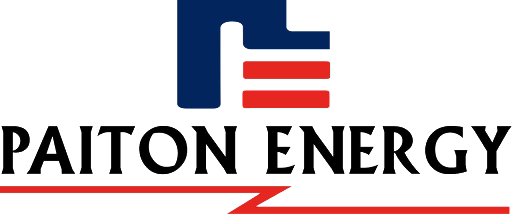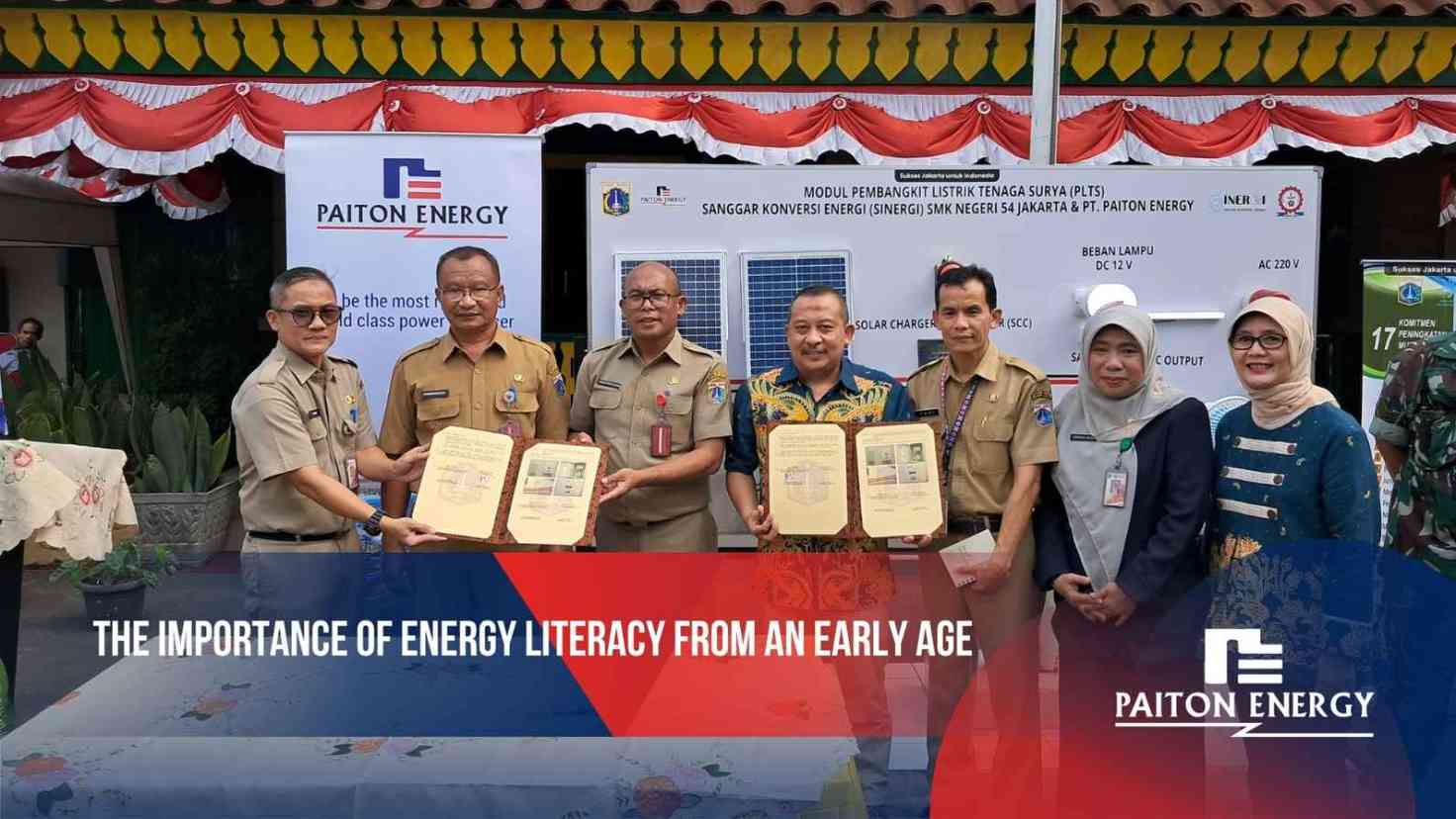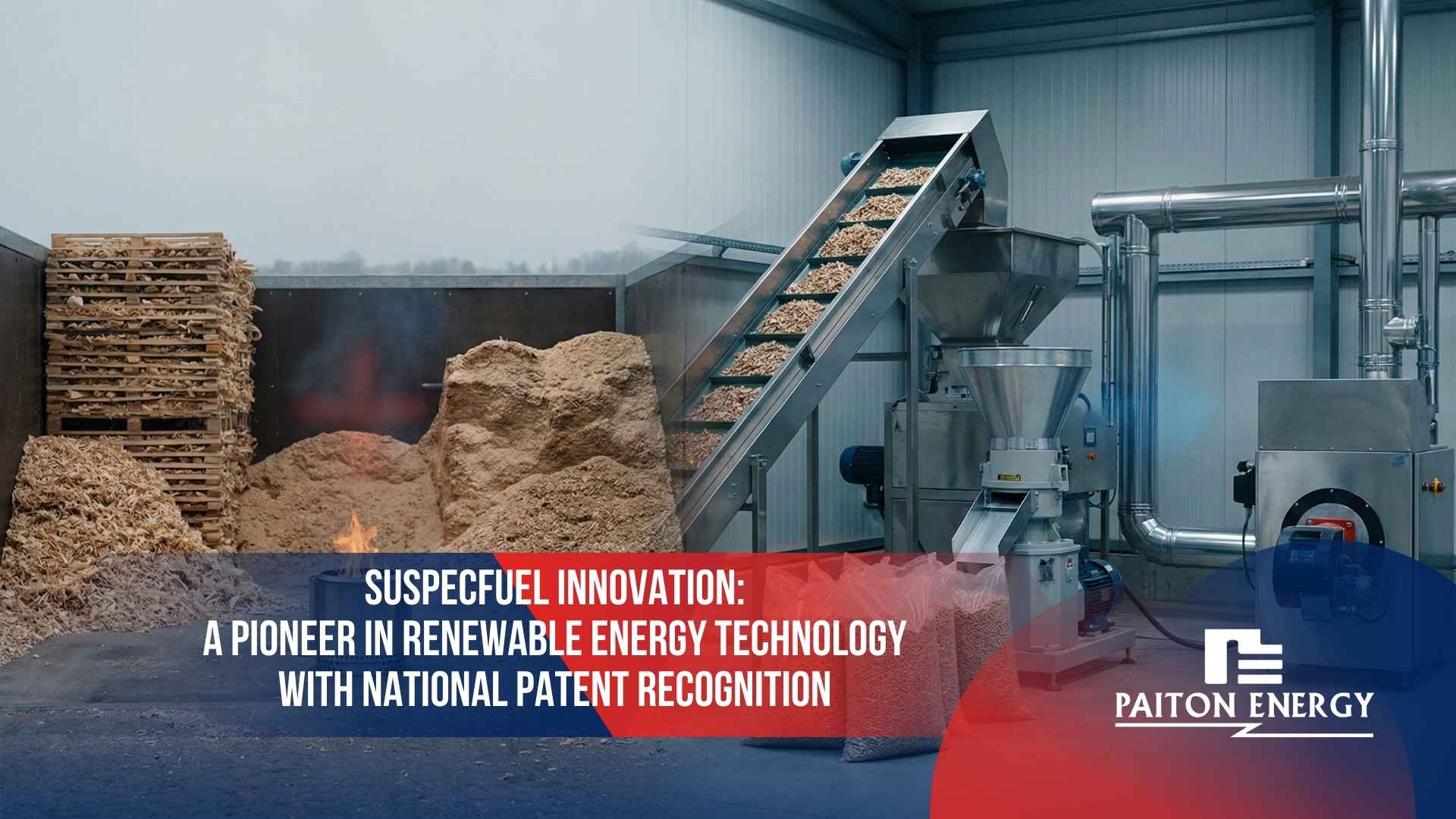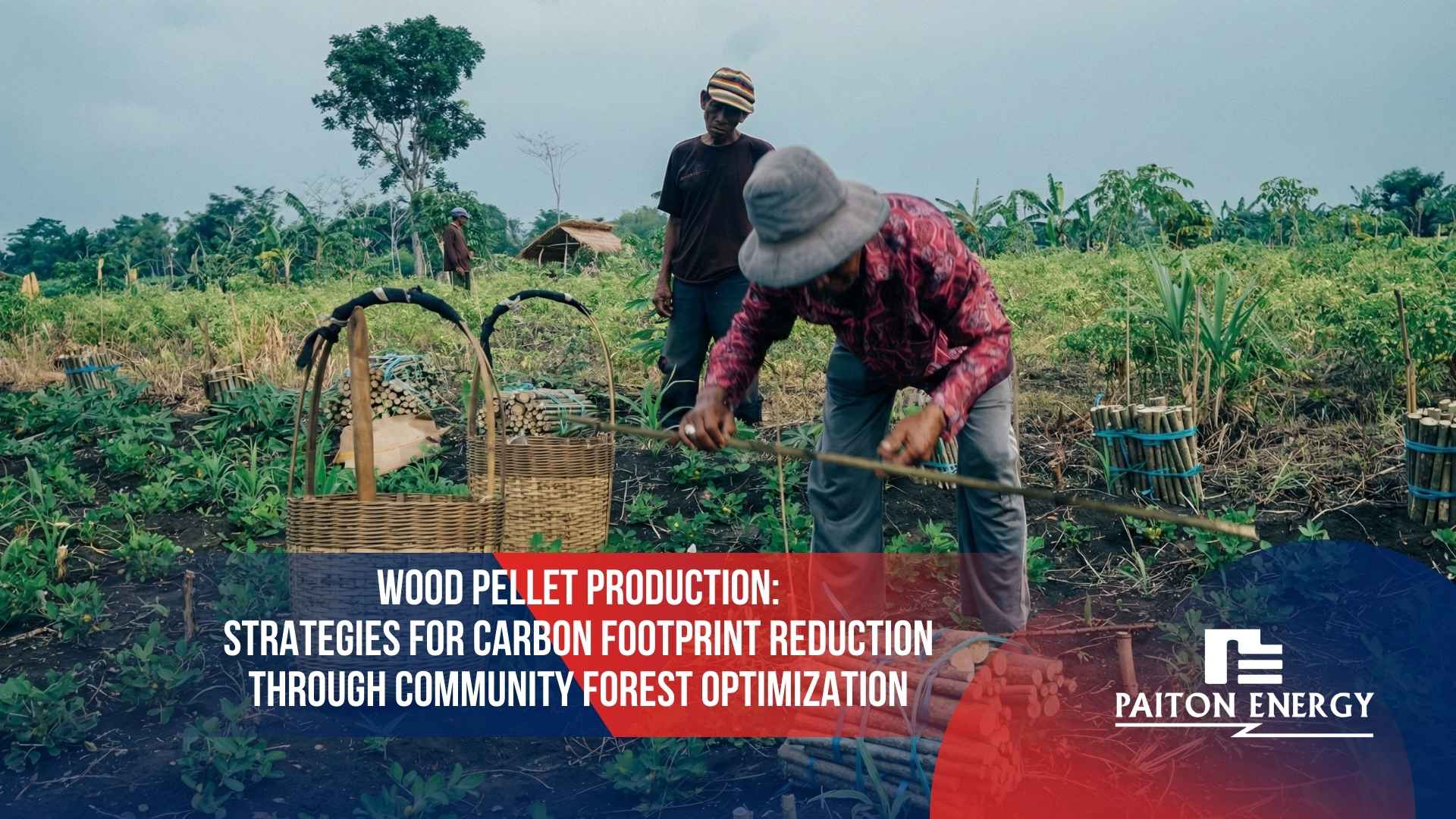Have we ever truly considered where the electricity powering our homes comes from and what the consequences might be if it’s overused? This seemingly simple question can be the first step toward fostering energy literacy in children from an early age.
Energy literacy goes beyond technical knowledge. It encompasses how the younger generation understands the importance of conserving natural resources for the future. By introducing the concept of sustainable energy early in life, we help children form responsible habits and cultivate environmental awareness.
Sustainable energy is the foundation of a greener future. The role of youth is critical to ensuring energy resources remain preserved and beneficial for all.
Why Is Early Energy Literacy So Important?
Today’s youth are tomorrow’s decision-makers. The future of global energy sustainability lies in their hands. Therefore, understanding energy conservation and the use of sustainable energy must be instilled early on.
Energy literacy is not limited to acquiring knowledge, it also involves shaping attitudes and behaviors, such as turning off lights when not in use, choosing energy-efficient appliances, and recognizing the importance of renewable energy sources.
With a solid understanding from a young age, children will naturally adopt lifestyles that support sustainable energy. They will not only understand that saving energy is important, but also grasp the reasons behind it. In the long term, this cultivates consistent and sustainable behaviors.
The Role of Schools and Parents in Energy Literacy
Schools serve as a strategic environment to instill energy literacy through various approaches. Character-based curricula promoting energy-saving values, educational programs, and teacher training are key initial steps.
Creative media such as videos, educational games, and simple experiments can also enhance young learners’ understanding of sustainable energy in an engaging manner.
However, the responsibility does not lie solely with schools. Parents also play a vital role as role models at home. Simple actions like switching off electronic devices, separating waste, and conserving water serve as real-life examples children can emulate.
When children observe consistent, mindful energy use at home, they are more likely to follow suit.
Positive Impacts of Energy Literacy from an Early Age
Introducing energy literacy early on offers numerous benefits that help shape children’s character holistically. Some of the positive impacts include:
- Instilling Energy-Conserving Habits
Children learn to switch off lights when not in use, unplug chargers, and use energy-efficient appliances.
- Raising Environmental Awareness
Children become more concerned about environmental issues such as climate change and pollution, and they understand that sustainable energy is a key solution.
- Fostering Critical Thinking Skills
Energy literacy encourages children to question and analyze how energy is produced and consumed, and to seek more eco-friendly alternatives.
- Promoting Innovation and Creativity
Young minds are inspired to develop new ideas or solutions related to energy efficiency or renewable energy use.
- Preparing a Sustainable Generation
Early understanding of energy use cultivates individuals who are environmentally responsible and actively contribute to a sustainable future.
PT Paiton Energy’s Real Contribution to Youth Energy Literacy
A tangible example of support for early energy literacy comes from PT Paiton Energy, a company that actively runs educational programs to raise youth awareness on waste management and the use of sustainable energy.
One such initiative is the “Waste to Energy” (WTE) program in collaboration with Ragunan Zoo. Through this program, elementary school-aged children observe first-hand how organic waste and animal manure are converted into biogas for use in biogas-powered electricity plants. Beyond introducing sustainable energy technologies, this initiative instills responsibility and environmental care.
PT Paiton Energy aims for the young participants to grow into environmental pioneers and advocates for sustainable energy use. This initiative underscores that sustainable energy is a shared responsibility, including that of the industrial sector.
Additionally, PT Paiton Energy implements rooftop solar panel programs in schools as part of the Solar School Program, supporting the energy transition and sustainable development through hands-on learning in educational environments.
SMKN 54 Jakarta
- Capacity: 20 rooftop solar units with a total capacity of 10 kWp, supplying electricity for daily school operations.
- Inauguration: Tuesday, May 21, 2024.
- Environmental Impact: Reduces CO₂ emissions by 0.68 tons monthly—equivalent to planting one tree.
- Program Goal: To support government initiatives on renewable energy utilization and carbon emission reduction. This also aligns with Jakarta’s commitment to achieving Net Zero Emissions by 2050 through Net Zero Carbon Schools.
- Educational Benefit: The rooftop solar system is part of the Solar School PV education program, encouraging student participation in renewable energy use and climate action. This has led to the creation of the Sanggar Konversi Energi (Sanggar Sinergi), a student-led energy innovation group that has been invited to promote renewable energy adoption at several Jakarta schools.
The SMKN 54 initiative, the pilot of the Solar School Program by PT Paiton Energy, has proven successful in both education and student engagement, earning the Derap Kerjasama Jakarta (DKJ) Award 2024 for Environmental Initiatives.
Following its success, the initiative has expanded to:
SMAN 70 South Jakarta
- Capacity: 20 solar panels totaling 10 kWp.
- Environmental Impact: Reduces CO₂ emissions by 0.68 tons/month (equivalent to planting one tree).
- Inauguration: December 4, 2024, attended by Jakarta’s Acting Head of Education Department, Sarjoko, and PT Paiton Energy President Director, Fazil Erwin Alfitri.
- Educational Value: Principal Sunaryo emphasized that the system not only supports school operations but also serves as a learning tool for students on sustainable energy and environmental stewardship.
SMKN 53 West Jakarta
- Capacity: 20 solar panels with a total capacity of 10 kWp.
- Environmental Impact: CO₂ emissions reduced by 0.68 tons/month.
- Educational Approach: Students are directly involved in maintaining and managing the solar system, deepening their understanding of sustainable energy technology.
Supporting Learning through Renewable Energy Infrastructure
Beyond educational programs, PT Paiton Energy contributes to sustainability by providing renewable energy infrastructure, such as rooftop solar systems in schools. These systems offer students firsthand experience with the benefits of renewable energy in everyday life.
This approach not only delivers practical education but also supports carbon emission reductions within the education sector. In essence, sustainable energy is integral to environmentally conscious development, and early youth involvement reinforces this commitment for a greener future.
Instilling energy literacy from an early age is not optional, it is a critical necessity to ensure the planet’s sustainability. Young people who understand energy conservation and sustainable energy use will grow into agents of change in their communities.
Through collaboration among schools, parents, and private sector actors such as PT Paiton Energy, we can shape a future generation that is both knowledgeable and environmentally responsible. Sustainable energy is the key to a better future and by fostering this understanding early, we pave the way for lasting, positive change.




